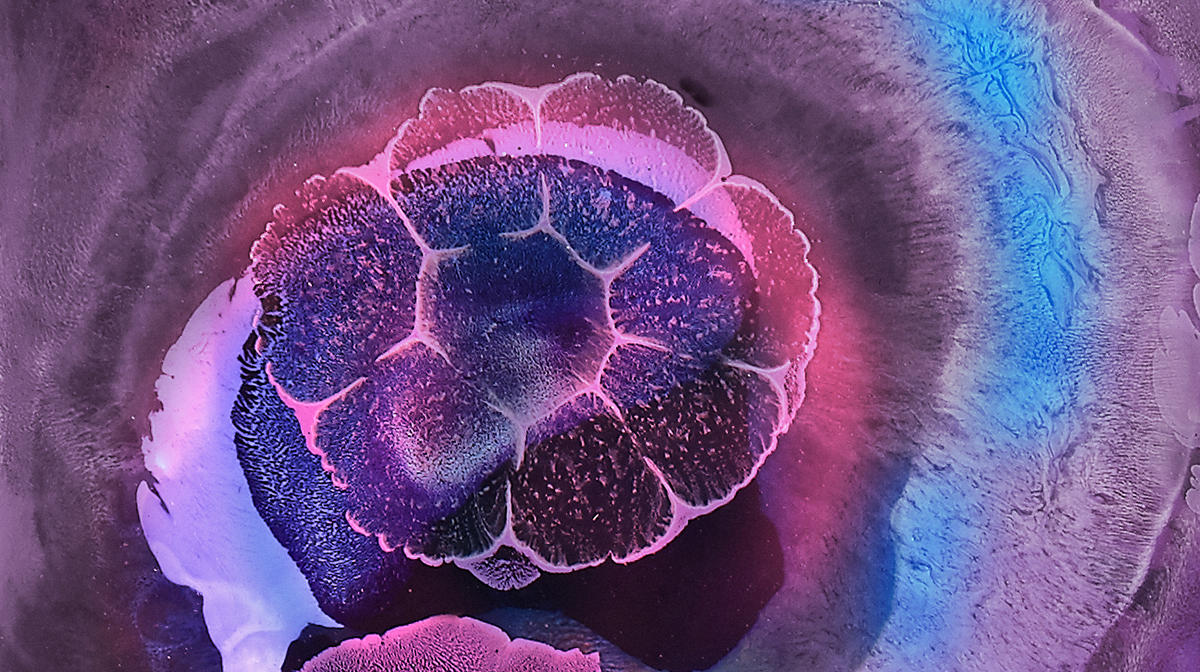Can the bacteria in our gut affect our brain function?
The connection between our brain and our gut is already part of how we describe experiences – having a “gut-feeling” a “gut-wrenching” moment or feeling nervous with “butterflies” in the stomach. These expressions have become commonplace for a reason. We now know there is a connection between our brain and our gut. Scientists call this connection the gut-brain axis – the two-way dialogue between the brain and the gut where information flows between the two organs.
There are three main communication channels between the brain and the gut:
the nervous system
the immune system
the endocrine system (hormones)
A key physical link that relays the information between the gut and the brain is the vagus nerve. This nerve relays information using molecules called neurotransmitters (chemical messengers). Approximately 80-90% of nerve fibres in the vagus nerve are going from the gut to the brain.
What role can specific gut bacteria play in the gut-brain axis?
Evidence shows that bacteria (also known as microbes) in the gut can act on the gut-brain axis and hence influence gut-brain communications.
The gut produces more than 90% of the serotonin found in your body – this is a neurotransmitter that can affect your mood and feelings of happiness and pleasure and research has shown that gut bacteria can impact its production in the gut.
Current research indicates that a gut with a healthy microbiota is a strong predictor of health and wellbeing.
Discover More on the Gut

3 surprising facts about the connection between gut and brain health
Discover our interesting facts on the gut brain connection and how this can impact your health.
Related Articles








